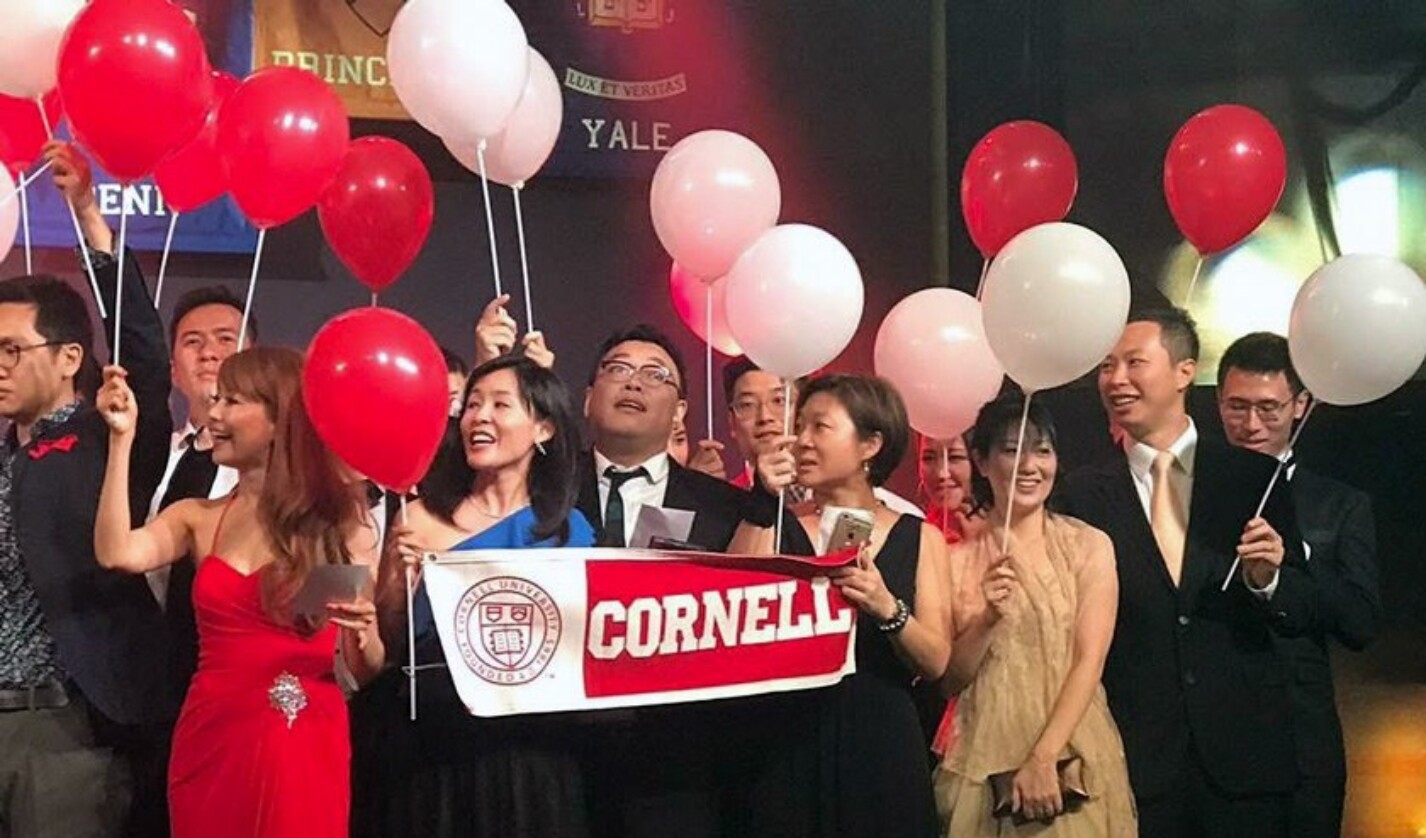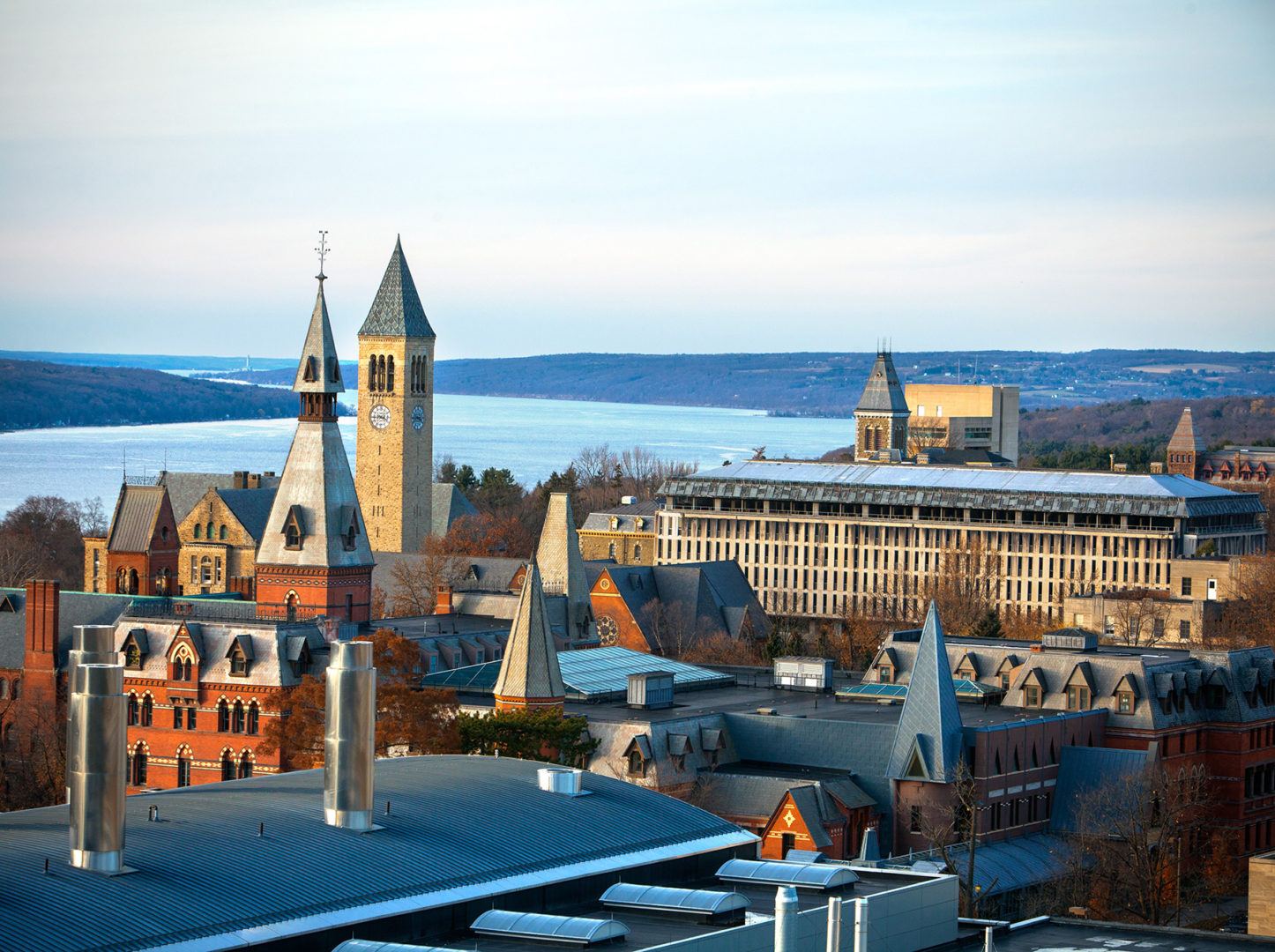Discontent was brewing in the New York State Legislature during the spring of 1865. A coalition opposing the Cornell University bill raised fierce debate, fueling intense accusations against Ezra Cornell and his motives.
Suspicion was rife among many members of this faction: How could any person give away such a significant fortune and want nothing for himself in return?
While Mr. Cornell urged Ithaca as the site of the proposed institution, he never showed any wish to give his own name to it; the suggestion to that effect was mine.
Andrew Dickson White and Ezra Cornell worked together to dispel these accusations and the misconceptions that formed them. They met with senators and assemblymen, sharing again the general proposal of the bill and the needs it fulfilled. Eventually, they built strong partnerships with members in both Houses, helping gain more support for the university charter.
But accusations and discontent still lingered.
John H. Selkreg, a New York State senator at the time, chronicled Andrew Dickson White’s account of the legislative struggle in his 1894 publication, Landmarks of Tompkins County, New York:
While we were thus laboring with the Legislature as a whole, serious work had to be done with the Assembly committee, and Mr. Cornell employed a very eminent lawyer to present his case, while Mr. Cook employed one no less noted to take the opposite side.
The session of the committee was held in the Assembly chamber, and there was a large attendance of spectators; but, unfortunately, the lawyer employed by Mr. Cornell having taken little pains with the case, his speech was cold, labored, perfunctory, and fell flat.
The speech on the other side was much more effective; it was thin and demagogical in the extreme, but the speaker knew well the best tricks for catching the ‘average man’ he indulged in eloquent tirades against the Cornell bill as a ‘monopoly,’ denounced Mr. Cornell roundly as ‘seeking to erect a monument to himself;’ hinted that he was ‘planning to rob the State,’ and, before he had finished, had pictured Mr. Cornell as a swindler, and the rest of us as dupes or knaves.
I can never forget the quiet dignity with which Mr. Cornell sat and took this abuse. Mrs. Cornell sat at his right, I at his left. In one of the worst tirades against him, he turned to me and said quietly, and without the slightest anger or excitement, ‘If I could think of any other way in which half a million of dollars would do as much good to the State, I would give the Legislature no more trouble.’ Shortly afterward, when the invective was again especially bitter, he turned to me and said, ‘I am not sure but that it would be a good thing for me to give the half a million to old Harvard College in Massachusetts, to educate the descendants of the men who hanged my forefathers.’
There was more than his usual quaint humor in this—there was that deep reverence which he always bore toward his Quaker ancestry, and which seemed to have become part of him. I admired Mr. Cornell on many occasions, but never more than during that hour when he sat, without the slightest anger, mildly taking the abuse of that prostituted pettifogger, the indifference of the committee, and the laughter of the audience.
It was a scene for a painter, and I trust that someday it will be fitly perpetrated for the university.





